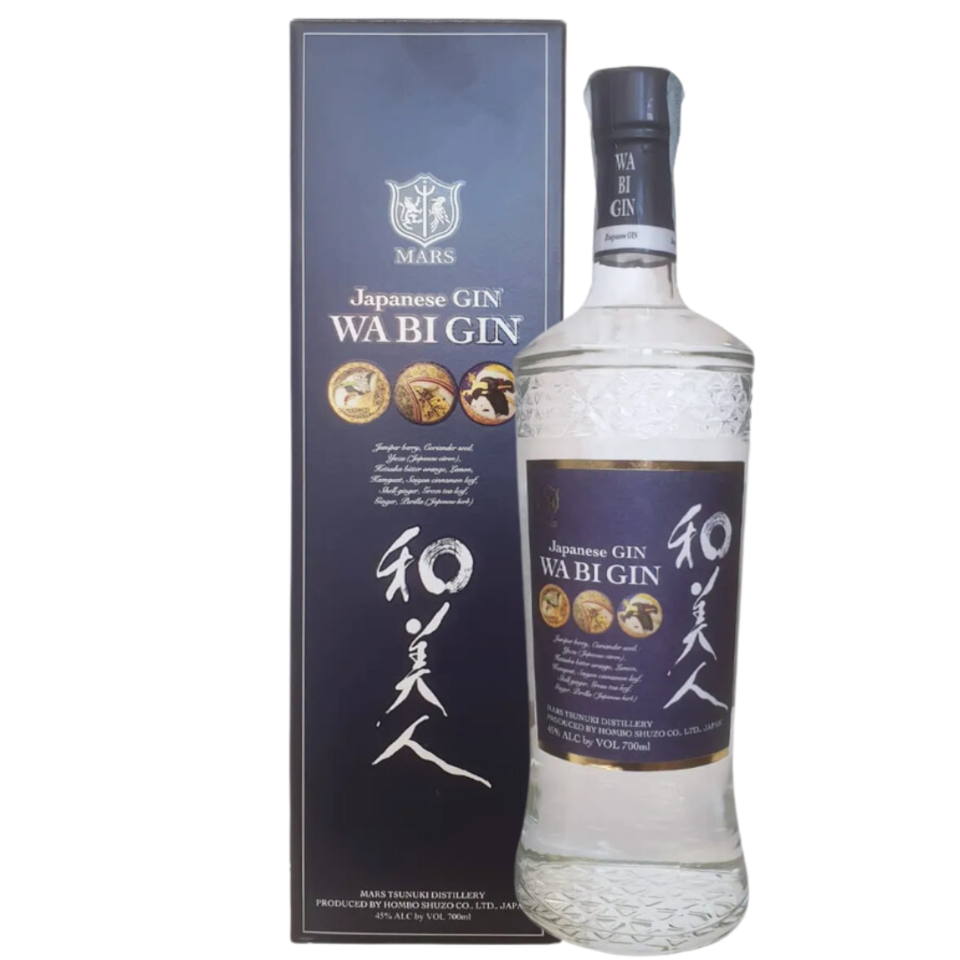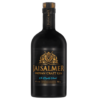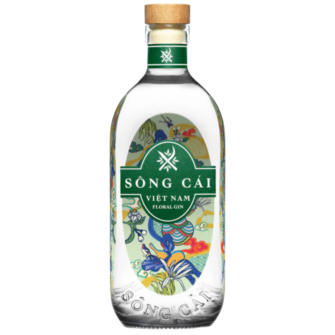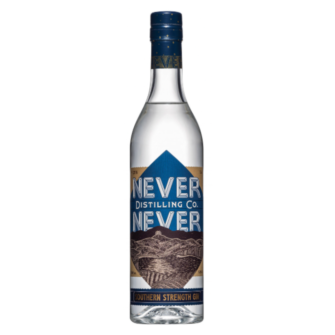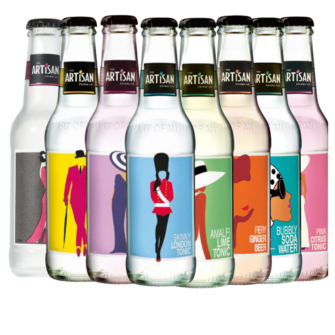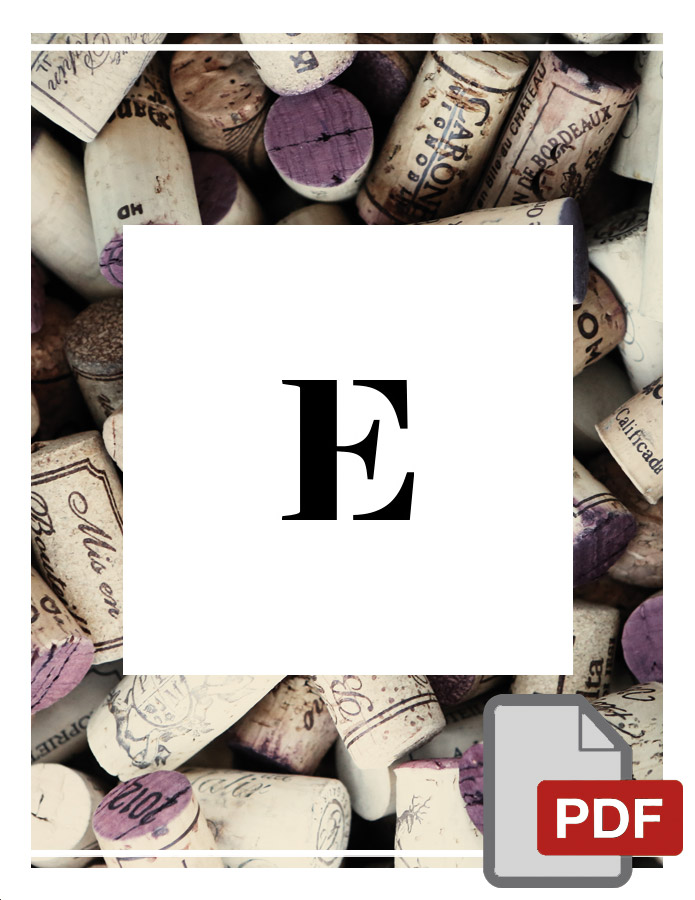Wa Bi Gin from Mars Distillery
WA BI is the first gin produced by the Mars Distillery known worldwide for its whisky production. This gin is produced in Tsunuki, in the far south of Japan. The gin base is juniper and coriander seeds with the addition of nine botanicals: ginger, green tea leaves, yuzu, lemon, kumquat, Hetsuka orange, shiso leaves, ginger leaves and Saigon cinnamon leaves. All the botanicals are from the Kagoshima prefecture. The kumquats are from Kaseda-T-spunky, the distillery location.
The botanicals are put in two groups and left to macerate before being distilled with a hybrid still. Juniper berries are added to the basket to achieve an intense balsamic profile.
Tasting
Wa Bi gin has a pleasantly spicy aroma, with notes of juniper intertwining with ginger puffs. Citrusy and herbaceous on the palate, with clear puffs of spices and kumquat. The finish is long and fresh.
This gin is perfect for your gin & tonic.
The distillery producing Wa Bi Gin and other quality spirits
The distillery’s history dates back to 1902 when Masataka Taketsuru obtained the license to produce spirits and transformed the family’s textile business from a cotton producer to a distillery. But the Mars brand was born in 1949 when Kiichiro Iwai, a close friend of Masataka Taketsuru, obtained his license to produce whisky and used Masataka Taketsuru’s famous notebook with all his notes.
The Mars distillery produces refined, complex and quality spirits also thanks to the two distilleries and three ageing sites located in different regions of the country, with very different climates.
The first historic distillery is named Shinshu and is located in the heart of the Japanese Alps, at the foot of the Komagatake mountain, which gives its name to the single malt line. This distillery is 800 meters above sea level, and in winter the temperatures reach -15 °.
The second distillery is called Tsunuki and is in the south of Japan. The main difference compared to Shinshu Distillery is in the shape of the stills; they are onion-shaped, giving a more decisive character to the whisky. Here, the climate is warmer and more humid.
The third ageing site is located on the island of Yakushima, characterized by a tropical and rainy climate. Here, it is possible to obtain more intense ageing.
| Brand | |
|---|---|
| Working method | Distilled in alembic |
| Alcoholic content | |
| Bottle size | |
| Tasting tips | In cocktails, Straight or on the rocks |




